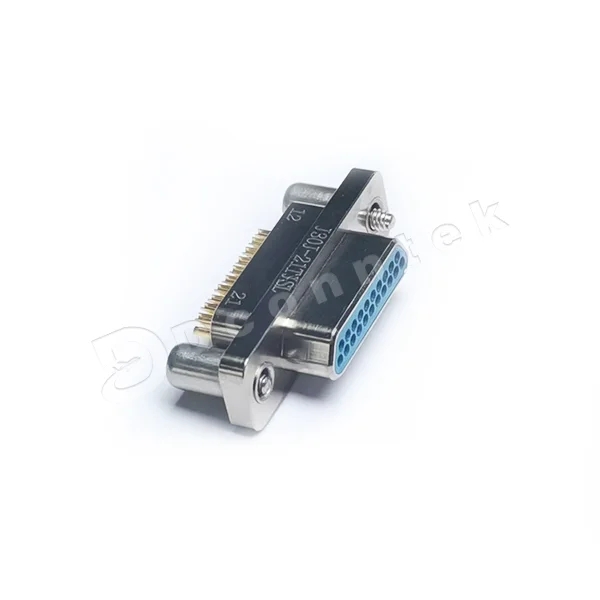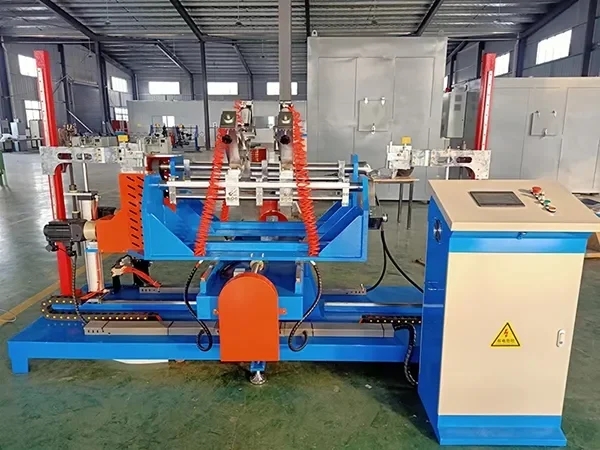Advantages of using CPVC electrical conduit
3 min readIn the world of electrical installations, conduits play a crucial role in protecting cables and ensuring the safety of electrical systems. Among the various types of conduits available, Chlorinated Polyvinyl Chloride (CPVC) stands out for its exceptional properties. In this blog post, Hangyi will supply the advantages of using CPVC electrical conduit, making it an ideal choice for both residential and commercial applications.
What is CPVC?
Before we explore the advantages, let's understand what CPVC is. CPVC is a thermoplastic material that is known for its high chlorine content, which gives it superior heat resistance and chemical stability. It is a type of PVC that has been modified to withstand higher temperatures, making it suitable for a variety of applications, including electrical conduits.
Advantages of CPVC Electrical Conduit
1. High-Temperature Resistance
- CPVC conduit can operate at temperatures up to 200°F (93°C), which is significantly higher than standard PVC. This makes it suitable for use in high-temperature environments and for applications that require heat-resistant conduits.
2. Corrosion Resistance
- Being a non-metallic material, CPVC conduit is naturally resistant to corrosion. It does not rust or corrode, making it an excellent choice for areas exposed to moisture or chemicals.
3. Chemical Stability
- CPVC is highly stable and resistant to a wide range of chemicals, including acids, alkalis, and solvents. This resistance makes it ideal for use in chemical plants, laboratories, and other environments where exposure to chemicals is common.
4. Flame Retardant
- CPVC conduit is self-extinguishing and does not support combustion. It is classified as a flame retardant material, which is essential for maintaining safety in electrical installations.
5. Lightweight and Easy to Install
- Compared to metal conduits, CPVC is much lighter, making it easier to handle and install. This not only reduces installation time but also lowers labor costs.
6. Non-Conductive
- As a non-conductive material, CPVC conduit does not interfere with the electrical signals carried by the cables inside it. This ensures that the electrical system operates efficiently without any signal loss.

7. UV Resistance
- CPVC conduits are UV stabilized, making them suitable for outdoor applications where they may be exposed to sunlight. The UV resistance helps to prevent degradation and extends the lifespan of the conduit.
8. Cost-Effective
- CPVC conduits are generally more cost-effective than metal conduits. They offer a balance of performance and affordability, making them an attractive option for budget-conscious projects.
9. Versatility
- CPVC conduits are available in various types, such as rigid, flexible, and liquidtight, catering to different installation requirements. This versatility allows for greater design flexibility in electrical systems.
10. Long Lifespan
- With proper installation and maintenance, CPVC conduits can last for decades. Their durability and resistance to environmental factors contribute to a long service life.
11. Recyclable
- CPVC is a recyclable material, contributing to environmental sustainability. Using CPVC conduits supports eco-friendly practices and reduces waste in landfills.
12. Ease of Cutting and Bending
- CPVC conduits can be easily cut and bent using simple hand tools, making it simple for installers to work with, even in tight spaces.
Applications of CPVC Electrical Conduit
- Commercial and Industrial Settings: Due to their high-temperature resistance and chemical stability, CPVC conduits are ideal for use in commercial kitchens, industrial plants, and laboratories.
- Residential Installations: For home electrical systems, CPVC conduits offer a safe and cost-effective solution, especially in areas prone to moisture or chemical exposure.
- Outdoor Installations: The UV resistance of CPVC makes it suitable for outdoor applications, such as lighting systems and landscape wiring.
- Renovation Projects: When updating old electrical systems, CPVC conduits can be used to replace outdated or damaged conduits without the need for extensive modifications.
Conclusion
CPVC electrical conduits offer a range of benefits that make them a preferred choice for many electrical applications. Their high-temperature resistance, corrosion resistance, and ease of installation, among other advantages, make them a versatile and reliable option for protecting electrical cables. As the demand for safe and efficient electrical systems grows, CPVC conduits continue to prove their worth as a leading material in the electrical conduit market.
https://www.hangyipipe.com/Advantages-of-using-CPVC-electrical-conduit.html
www.hangyipipe.com
Hangyi



